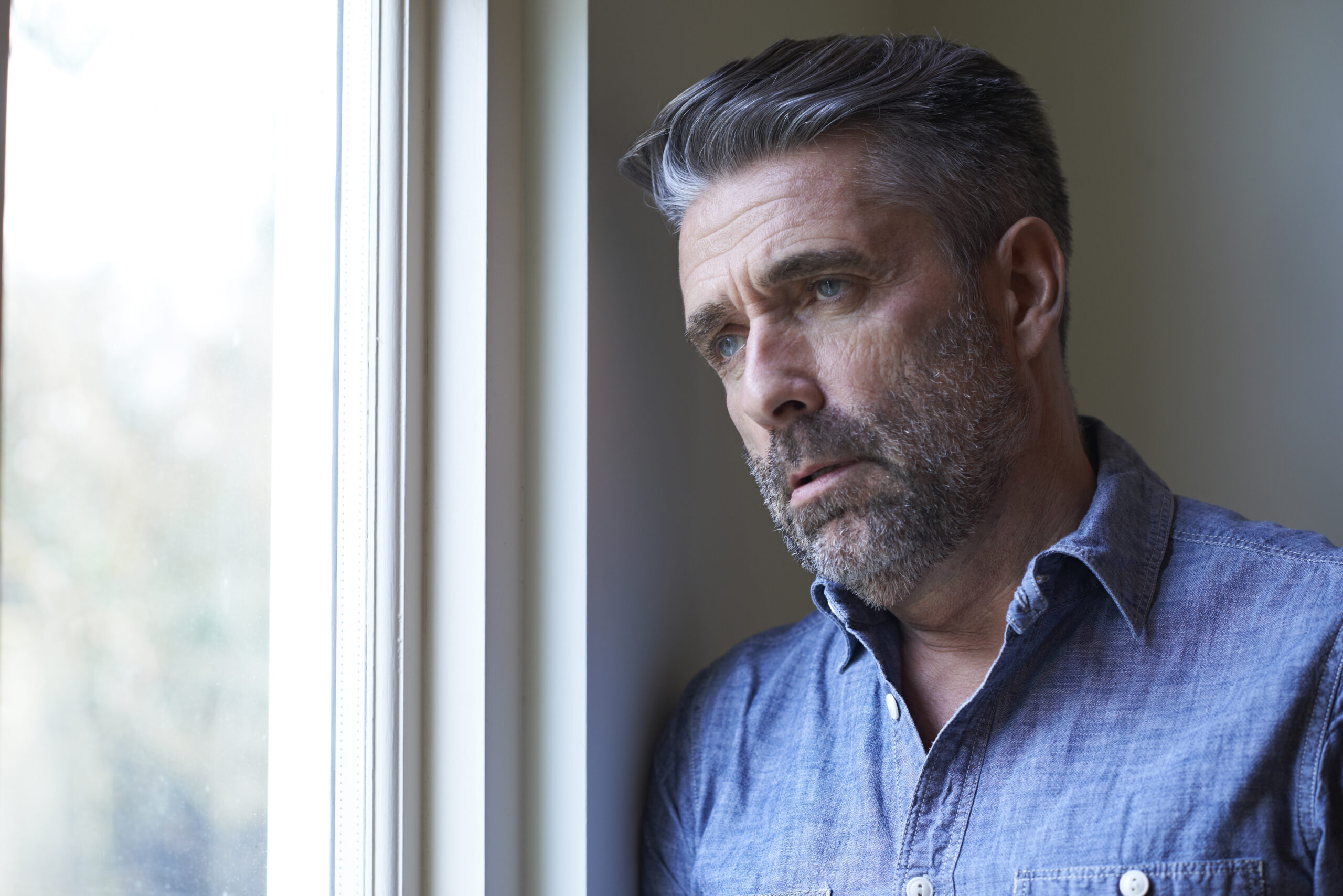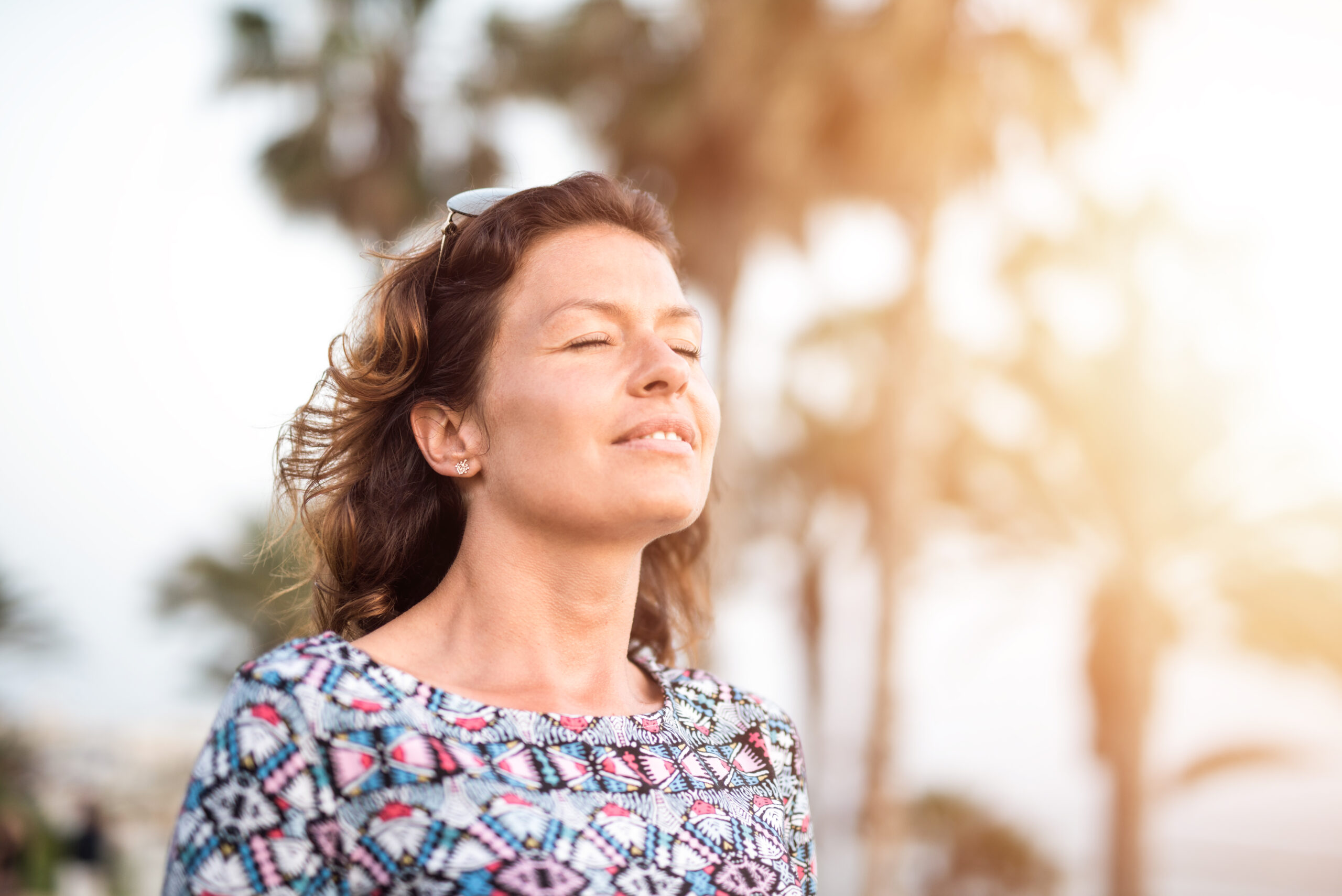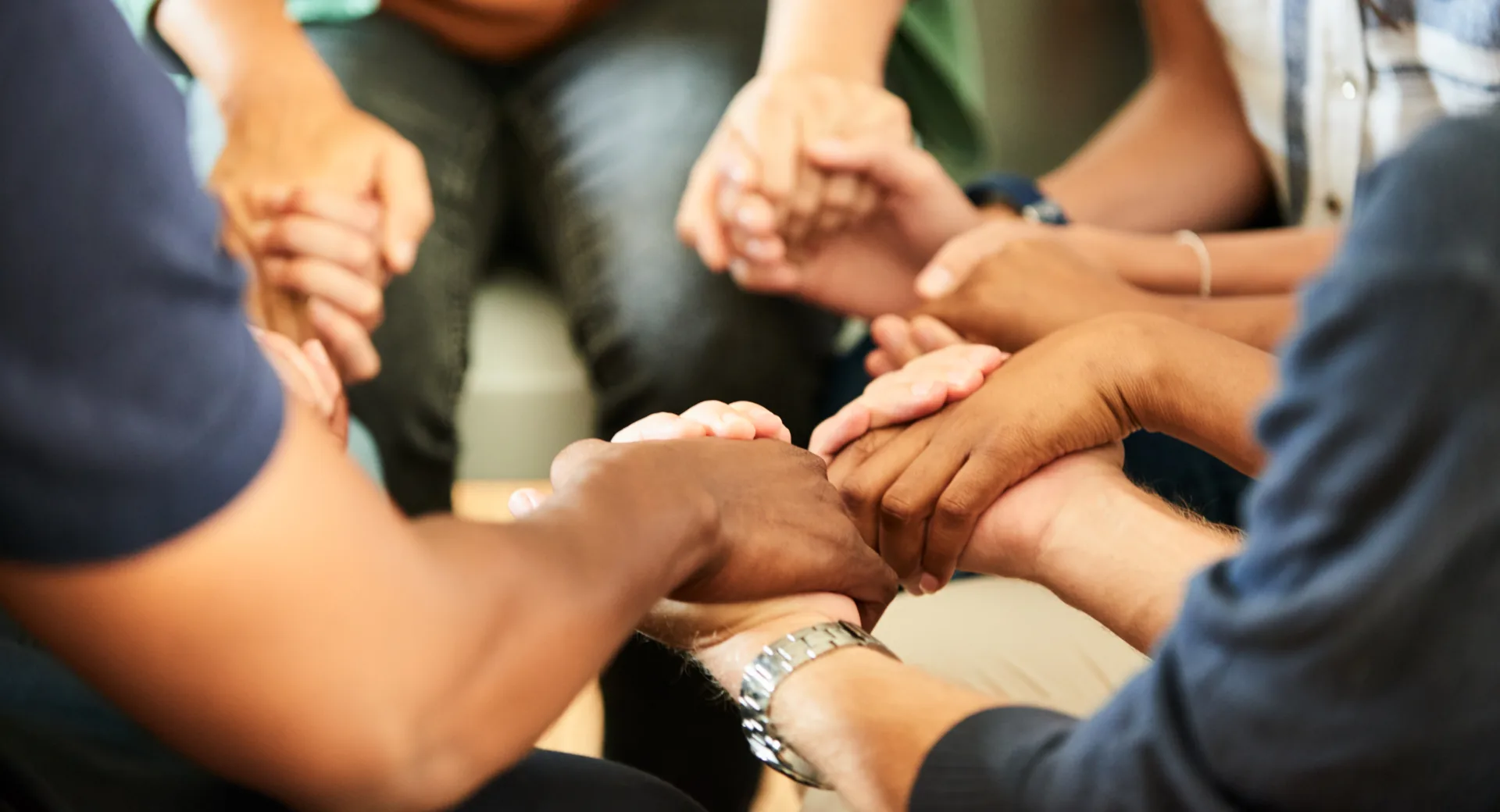
12 Steps or Something Else?
Alcoholics Anonymous (AA) is the granddaddy of mutual help groups for alcohol addiction. Founded in 1935, AA has helped millions of people in the U.S. and around the world achieve sobriety and overcome the damage caused by alcoholism to their lives and relationships.
AA has also inspired many offshoots, including Narcotics Anonymous, Sex Addicts Anonymous, and Gamblers Anonymous. All are based on a set of guiding principles known as the 12 steps. The 12 steps help people maintain sobriety and recover from a hopeless state of mind. To achieve this, the 12 steps ask people to acknowledge their powerlessness over alcohol and drugs, to submit to a higher power, to take a personal moral inventory, and to make amends with all of those they have harmed.
For many people, working the steps is profoundly life changing. For some, long-term and even lifelong participation in AA, NA and other 12 steps groups is essential to their recovery journey.
But Alcoholics Anonymous and other 12-step programs don’t work for everyone. Studies suggest that only about 25 to 35% of those who attend one AA meeting go on to become active participants.
Part of the reason for the drop off is that addiction is difficult to overcome, even with the love and support of sponsors, 12-step groups and good intentions. People may go to a meeting but not yet be ready to commit to sobriety.
Another reason is that the 12-step philosophy doesn’t resonate with everyone. Some people are put off by particular aspects of the program, or they just feel like it’s not for them.
For people looking for something other than a 12-step program, it’s important to know that there are viable options – and research shows these alternatives can be as helpful as 12-step programs.
Researchers from the Alcohol Research Group compared abstinence outcomes of AA with three alternative mutual help groups: Women for Sobriety (WFS), LifeRing Secular Recovery (LifeRing), and SMART Recovery. The study, which included 600 people with an alcohol use disorder who were involved in one of the groups, measured abstinence from drinking and alcohol-related problems after six months and 12 months.
After controlling for several factors, the researchers concluded that these alternative groups are as effective as 12-step groups, according to the study published in the Journal of Substance Abuse Treatment. (While there were no differences in abstinence rates according to which group people participated in, researchers did find that people who had an alcohol recovery goal of lifetime abstinence had 5 times the odds of alcohol abstinence than those with any other goal.)
If you’re searching for a mutual help group that’s right for you, here’s a rundown of some of the most common 12-step alternatives.
Women for Sobriety (WFS)
Women for Sobriety (WFS) was founded in 1975 by Jean Kirkpatrick, a sociologist who struggled with alcoholism and depression. Kirkpatrick believed that women’s drinking problems were rooted in low self-esteem, depression, humiliation, loneliness and guilt and that women needed a different approach to overcoming alcoholism than men. The WFS New Life Program is based on 13 “statements of acceptance,” or affirmations, that help women cultivate a new way of thinking. By replacing negative thoughts with positive ones, the WFS philosophy focuses on improving women’s feelings of self-worth and helping them realize they have the power to change. WFS encourages women to let go of the past and to take personal responsibility for their future. Meetings are focused on women supporting and encouraging one another.
SMART Recovery
SMART Recovery (Self-Management and Recovery Training) is based on a philosophy of self-empowerment and self-reliance. Using a cognitive-behavioral approach, participants learn to recognize thoughts, emotions and behaviors that lead to alcohol and drug use and other addictive behaviors. SMART Recovery then helps them develop new tools and ways of thinking to resist triggers and respond to stress without substance use. SMART Recovery supports the use of prescription psychiatric medications and medication-assisted treatment for addiction. SMART Recovery’s four-point program includes: building and maintaining motivation; coping with urges; managing thoughts, behaviors and emotions; and living a balanced life. Although SMART Recovery is an abstinence-based program, individuals who are not sure if they need or want help are welcomed. SMART Recovery also has a Teen & Youth Support Program. Meetings are open to people dealing with any type of addiction.
Secular Organizations for Sobriety
Secular Organizations for Sobriety (SOS) advocates personal responsibility for alcoholism and sobriety. In the SOS philosophy, the individual, not a higher power, is given credit for progress in recovery. SOS was founded in the 1980s by James Christopher, author of “How to Stay Sober: Recovery without Religion.”
Christopher had tried AA but felt uncomfortable with the emphasis on God. SOS allows individuals to decide for themselves if they believe addiction is a disease. SOS advocates participants follow a daily, three part, “Cycle of Sobriety”: acknowledgment of their addiction, acceptance of their addictions and prioritization of maintaining sobriety, a lifetime endeavor. SOS groups operate independently.
LifeRing Secular Recovery
LifeRing Secular Recovery (LSR) was formed in 1997 by individuals previously involved with SOS. Although LifeRing is secular, the organization welcomes people of all faiths and offers in-person meetings as well as online meetings, chat rooms and e-mail support. The LifeRing philosophy is based on three core principles: sobriety, secularity, and self-empowerment. Members do not have sponsors, but are encouraged to support one another. Self-empowerment means that the power to recover lies within the individual, not through reliance on a higher power. Family members may attend meetings.
Celebrate Recovery
Celebrate Recovery is a Christ-centered program somewhat based on the 12-steps but also rooted in the principles that Christ taught in his message from the Sermon on the Mount. The principles guide people to trust God’s power to help, to choose to commit one’s life and will to Christ’s care and control, and to willingly submit to changes God wants you to make. People suffering from all types of addictive behaviors are welcome. The aim is to free people from “hurts, hang-ups and habits.” Celebrate Recovery was founded in 1991 at Saddleback Church in California. Saddleback’s pastor is Christopher Warren, author of best-seller “The Purpose Driven Life.”
Young People in Recovery
The goal of Young People in Recovery (YPR) is to create “recovery ready communities” to provide support to those who are in recovery or in need of addiction treatment. Recovery-ready communities are comprised of safe and accountable housing for people in recovery, access to education opportunities and employment, and law-enforcement/court-based programs focused on getting young people connected with treatment programs so they have a chance to change their lives. YPR chapters hold in-person meetings to provide support and work to build recovery-ready communities.
Al-Anon Family Groups
Addiction is a family illness. Drug and alcohol abuse hurts not just those who are using alcohol and drugs, but their spouses, children, family and friends. Al-Anon and Alateen are fellowship of the family and friends of addicts and alcoholics who meet to share their experience, advice and encouragement to others. With a focus on fellowship, Al-Anon Family Groups empower family members to support their loved one in recovery and support family members in restoring their own sense of peace and balance. Though Al-Anon encourages families to apply the 12 steps to their own lives, a well-known Al-Anon saying is, “take what you like and leave the rest.”
Before You Abandon the 12-Steps…
While 12-step groups are founded in the same guiding principles, the way individual groups are run or the overall feeling at meetings varies depending on who is leading them and who attends. So, if you went to an AA meeting you weren’t sure was for you, it may be worthwhile to try a different meeting and give the 12-steps another chance. A different group may be a better fit.
No matter your choice, developing a sober support system, and enjoying the fellowship and connection that comes with it, is essential to healing and relapse prevention. You owe it to yourself to try a variety of meetings and groups until you find the one that’s best for your personality, your outlook and your personal preferences.








